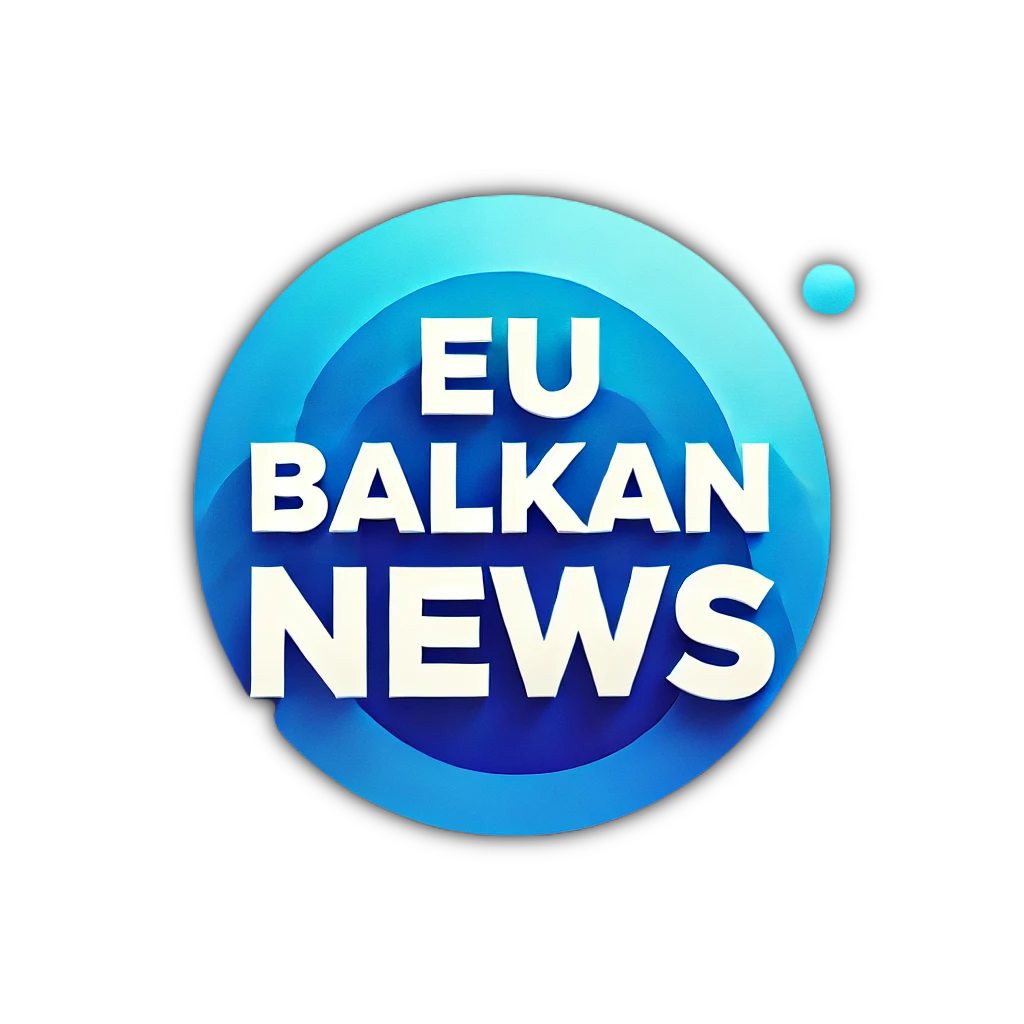EU chief Ursula von der Leyen has commenced a significant tour of the Balkans, emphasizing that the enlargement of the European Union remains a top priority. Her visit, which began in Albania, aims to engage with six nations aspiring for EU membership, highlighting the bloc’s commitment to the region amidst evolving geopolitical dynamics.
Key Takeaways
- Ursula von der Leyen pledges EU enlargement as a top priority during her tour.
- The tour includes Albania, North Macedonia, Bosnia and Herzegovina, Kosovo, Montenegro, and Serbia.
- The geopolitical landscape has shifted following Russia’s invasion of Ukraine, renewing interest in EU expansion.
- Montenegro is viewed as the frontrunner for EU membership, while Kosovo faces challenges due to lack of recognition by some EU states.
The Importance of Enlargement
During a joint press conference with Albanian Prime Minister Edi Rama, von der Leyen assured that EU enlargement would be a focal point of her next mandate. She stated, “Rest assured that enlargement will remain top priority in my next mandate,” signaling a renewed commitment to the region.
The EU’s interest in the Balkans has fluctuated over the past two decades, with varying levels of support for membership among the six nations. However, the recent geopolitical shifts, particularly following Russia’s actions in Ukraine, have reinvigorated discussions around EU expansion.
The Six Nations on the Agenda
Von der Leyen’s tour will cover the following countries:
- Albania
- North Macedonia
- Bosnia and Herzegovina
- Kosovo
- Montenegro
- Serbia
Each of these nations is keen to demonstrate their commitment to implementing the necessary reforms to align with EU standards. The EU has previously expressed concerns about the political will in some countries, but the current climate may foster a more favorable environment for progress.
Geopolitical Context
The backdrop of von der Leyen’s visit is marked by the EU’s efforts to counter Russian influence in the Balkans. Heather Grabbe from the think tank Bruegel noted that the conflict in Ukraine has “re-energized the whole process” of EU enlargement. This renewed focus is crucial as the EU seeks to strengthen its ties with the region and promote stability.
Economic Initiatives
In November 2023, the EU launched a growth plan for the Western Balkans, which includes a six-billion-euro initiative aimed at countering economic influence from China and Russia. This plan ties financial assistance to the implementation of reforms, particularly in foreign and security policy alignment.
Challenges Ahead
While Montenegro is seen as the most advanced candidate for EU membership, experts suggest that it may not join the bloc before 2030. The enlargement timetable remains a contentious issue, especially for countries that have been waiting for two decades. Von der Leyen’s discussions are expected to address these timelines and the necessary reforms.
Conclusion
Ursula von der Leyen’s Balkans tour represents a pivotal moment for EU enlargement discussions. As the geopolitical landscape shifts, the EU’s commitment to the region could pave the way for significant changes in the coming years. The outcomes of this tour may set the tone for future relations between the EU and the aspiring member states in the Balkans.

